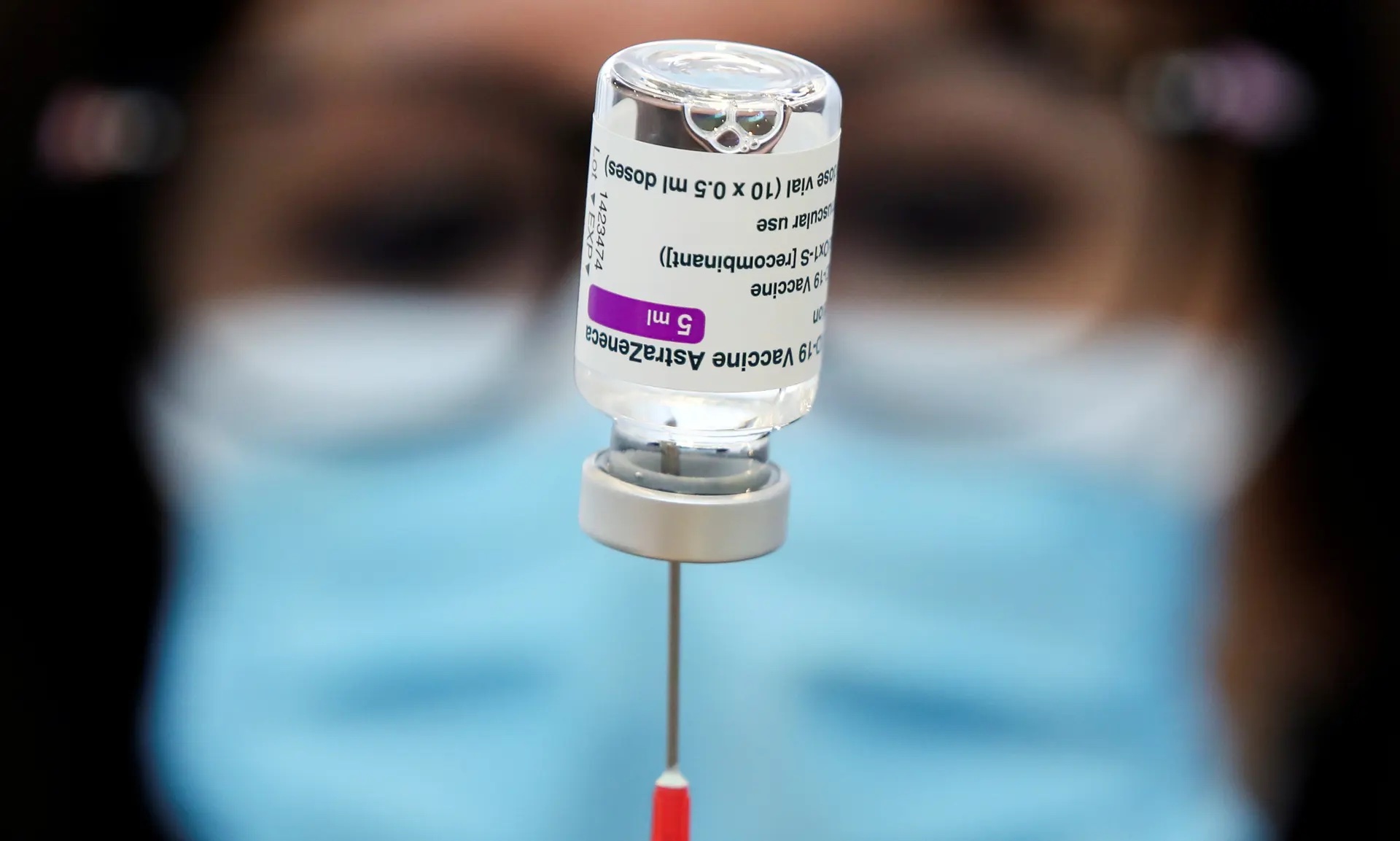April 6th local time, AFP quoted the statement of the European Drug Administration saying that it had not yet reached a conclusion on the link between AstraZeneca vaccine and thrombosis, and the relevant assessment was still in progress. Just that morning, Cavaglieri, an official in charge of vaccine strategy at the European Drug Administration, said in an interview published in the Italian newspaper Courier that it was now clear that thrombus formation was related to vaccines, but the cause of the reaction was not clear.45
Cavaglieri’s statement has attracted widespread attention from the European media, and many journalists also asked questions about it at the European Commission’s regular noon press conference. However, a spokesman for the European Commission said that he was not in control of the situation and had been waiting for the conclusion of the European Drug Administration, like the media.
In the latest announcement issued on March 31, EMA still said that no specific risk factors such as age, sex or history of thrombosis have been found, and the accidental link with the AstraZeneca vaccine itself has not been proved, but there is still a possibility of association.
In fact, it is from April 6 local time that the Monetary Authority’s Drug Alert Risk Assessment Committee has met to continue to evaluate the use of AstraZeneca vaccine and update its recommendations for use. According to the latest news released on social media by the European Commission’s Health and Food Safety Commissioner Kiria Quidders, the European Drug Administration intends to release the official evaluation conclusions later on April 7 local time.



